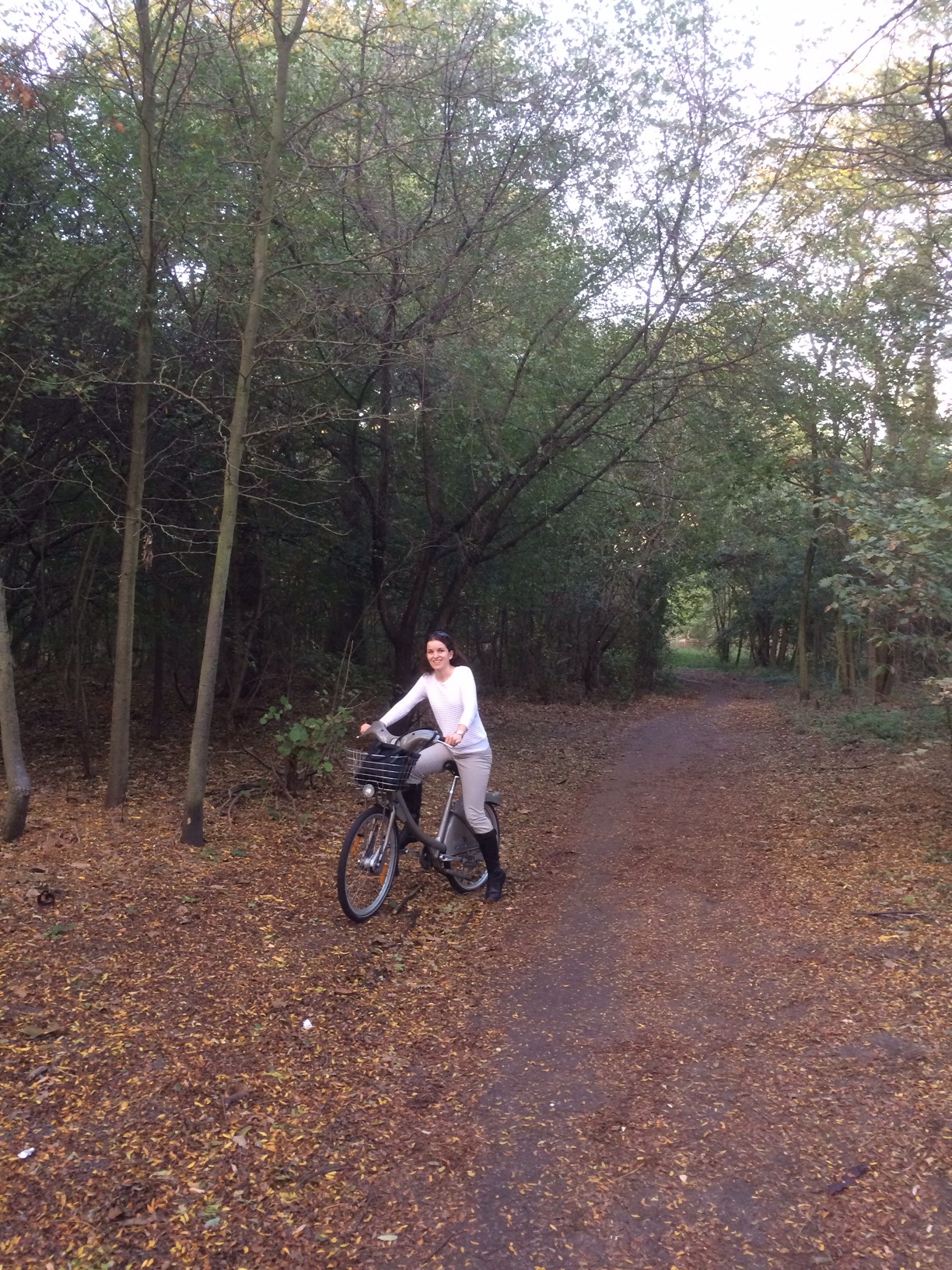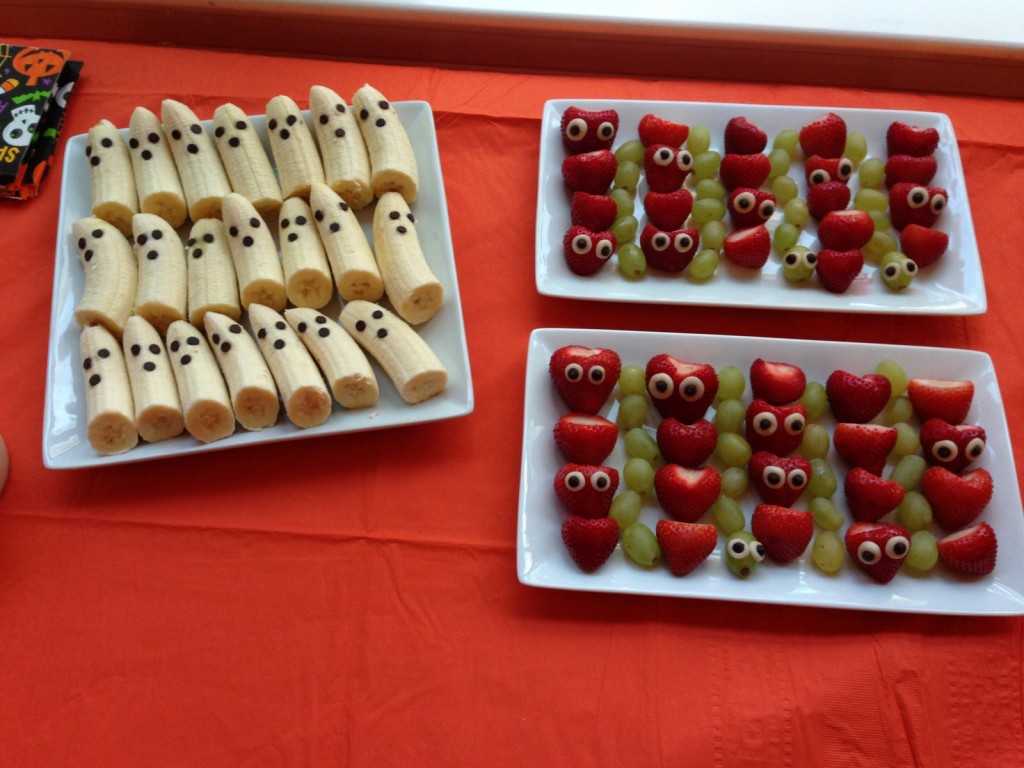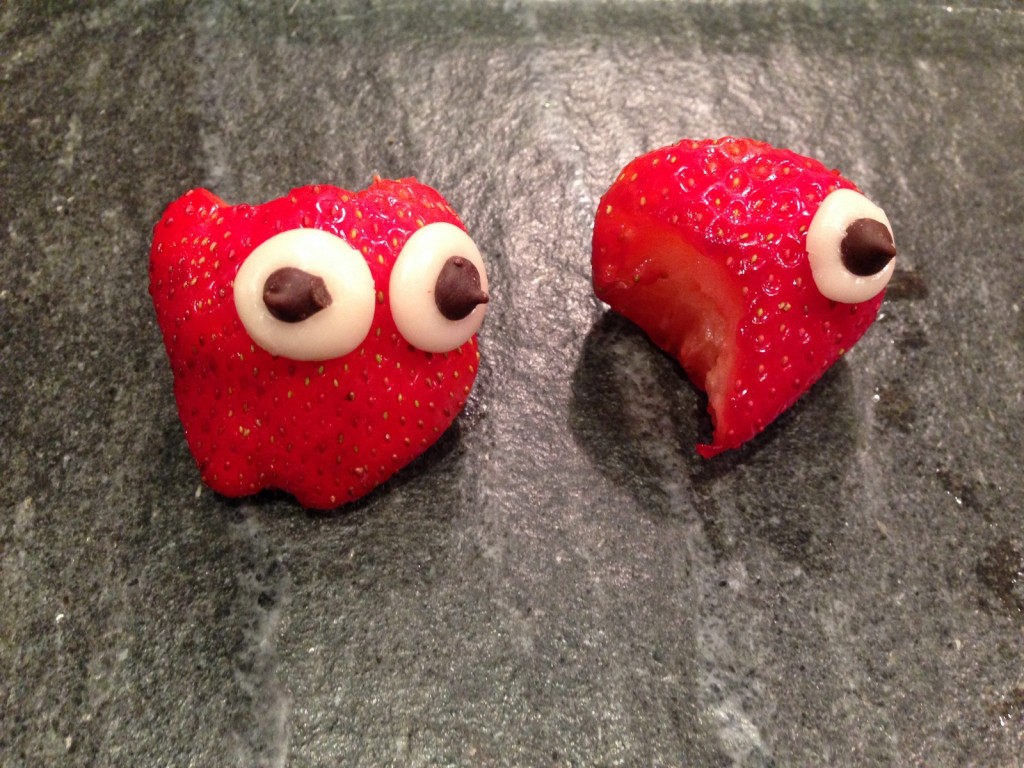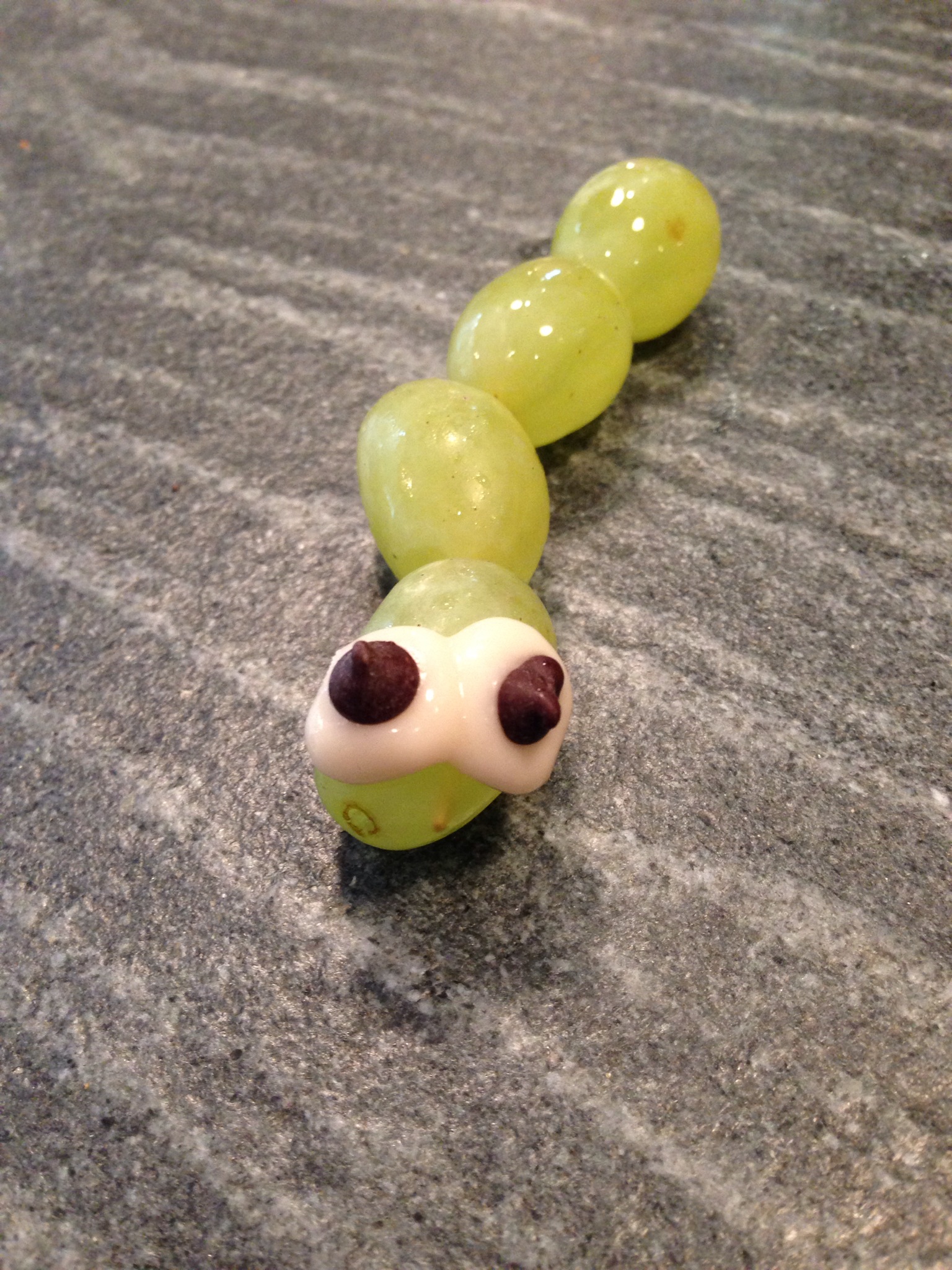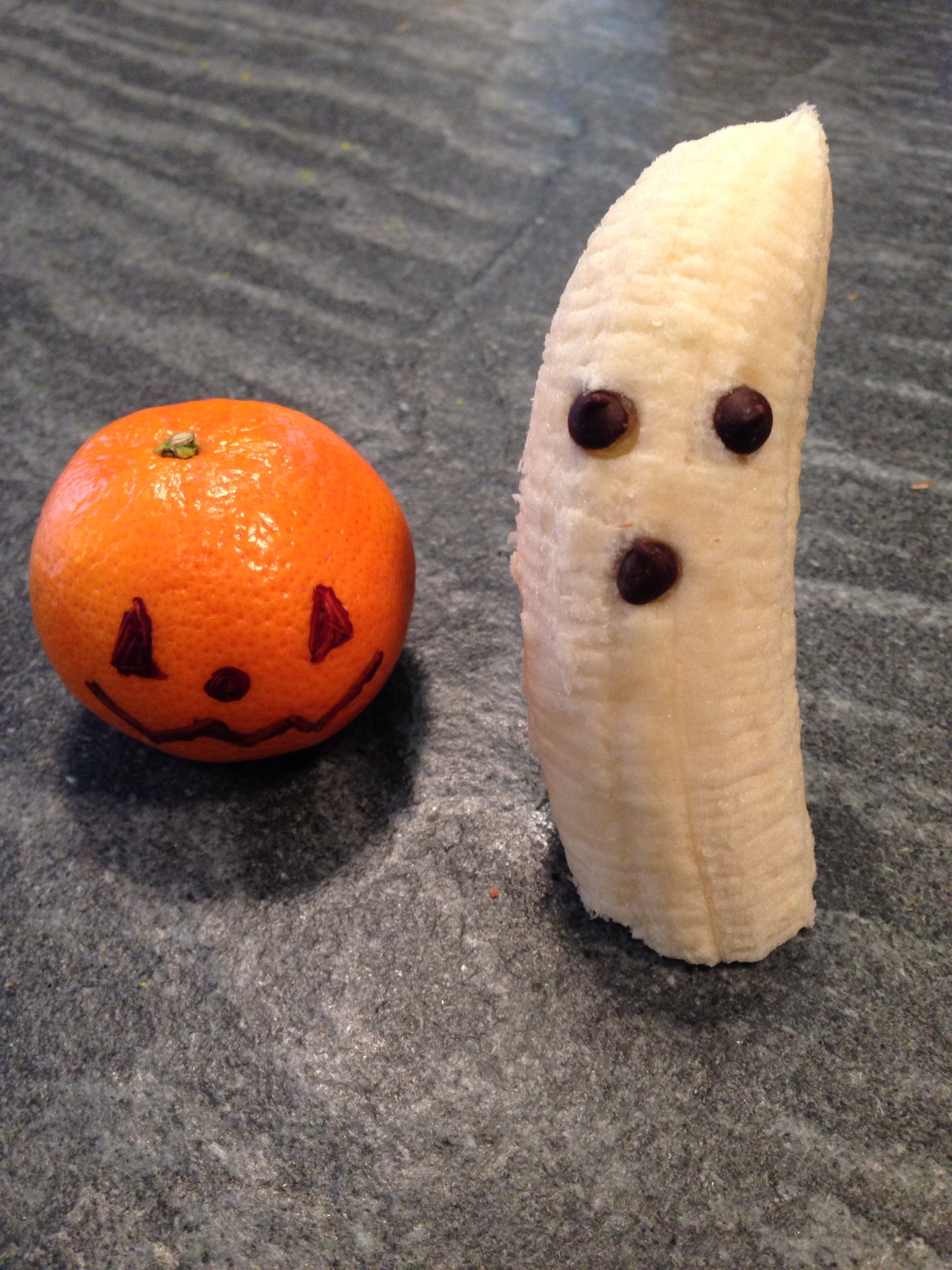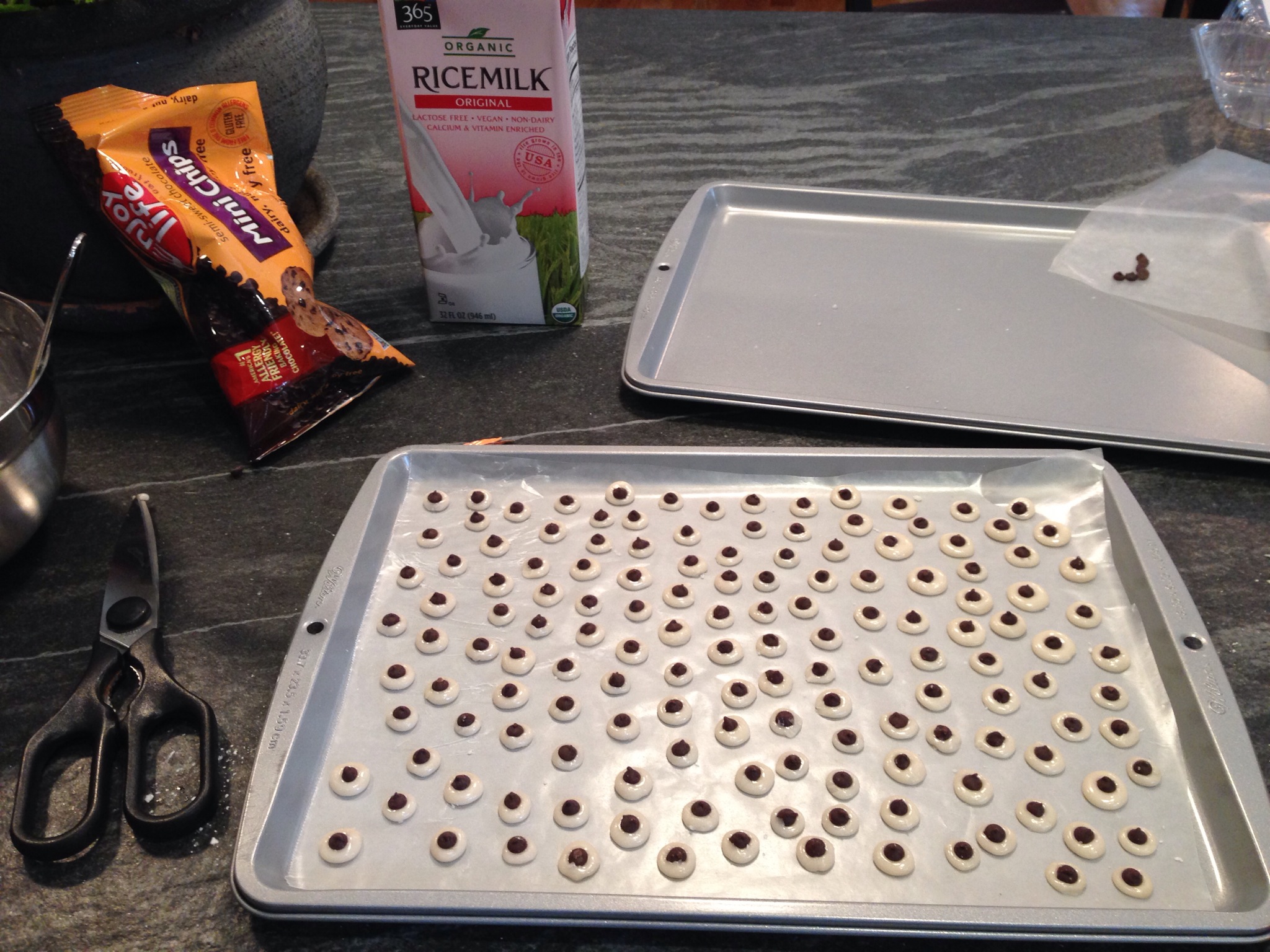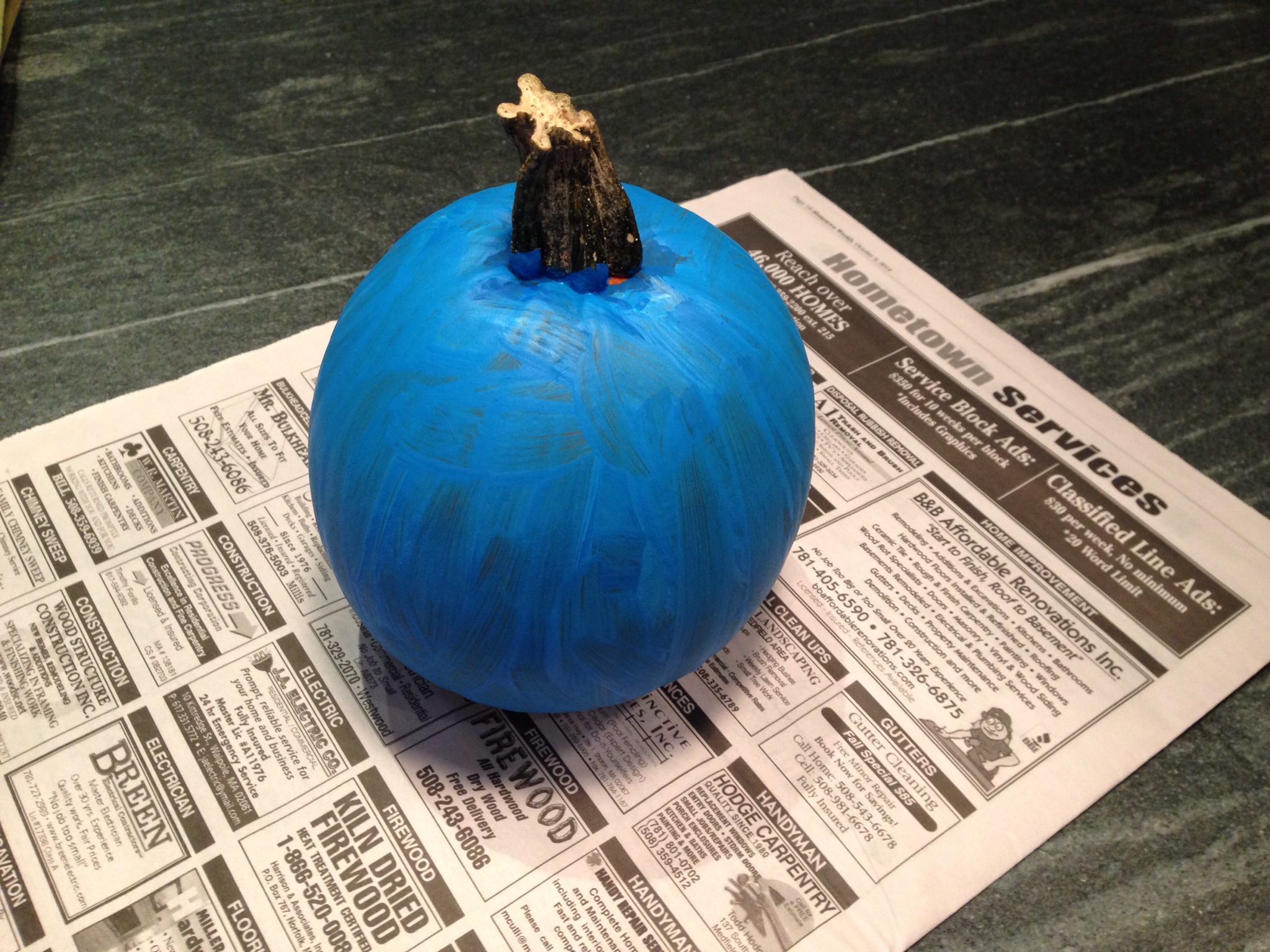Update 1/28/2015: In response to an ad campaign run by the dairy industry, the Physicians Committee for Responsible Medicine released a statement about the dangers of dairy consumption. You can read it here: http://www.pcrm.org/media/news/statement-on-milk-industrys-get-real-campaign
Milk consumption increases your risk of bone fractures and cancer: A recent article “Study: Milk may not be very good for bones or the body” published by the Washington Post shared information from a recent Swiss study that discovered consuming more milk leads to a greater risk of mortality (men and women) and bone fractures (women).
One of the main incentives for drinking milk is healthy bones, right? But despite its calcium content, studies of milk drinkers come back again and again demonstrating that there are increased risks of bone fractures and osteoporosis, not the other way around. In addition, people who consume more dairy have higher risks of cancer. (http://www.telegraph.co.uk/foodanddrink/healthyeating/10868428/Give-up-dairy-products-to-beat-cancer.html)
Casein – the protein in milk that has been linked to cancer: The milk protein casein has been shown in animal studies to promote the growth of cancer, an unsurprising study when you consider the correlation between dairy consumption and prostate and ovarian cancers. (http://nutritionstudies.org/12-frightening-facts-milk/)
I wouldn’t eat cheese or yogurt either: Cheese and yogurt get less of a bad rap in the Washington Post article, but while they may have less of a connection to fractured bones, I would caution against consuming them for other reasons. The cholesterol in cheese is a great reason to avoid it, and the probiotics that make yogurt “healthy” can be found in plant sources like miso, kombucha, saurkraut, tempeh, olives and sourdough bread. Another benefit of these plant sources is that they’re less likely than commercial yogurts to contain added sugar.
Getting enough calcium by eating plants: When we eliminated animal products from our diet over a year ago, we got a lot of questions about calcium for our growing boys. Watching Forks Over Knives and reading online studies about bone health, we learned that by eating a variety of plants, we would get plenty of calcium. In fact, our bodies would need less calcium because we would no longer suffer from something called metabolic acidosis. When we eat more animal proteins, our body becomes more acidic, and our bodies take calcium from our bones to restore our pH balance to neutral. By consuming meat and dairy, we actually increase the amount of calcium we need to consume. Read an in depth explanation of metabolic acidosis, dairy and osteoporosis here: http://www.gorillaprotein.com/monkey_osteoporosis.html
Still not convinced? Check out the Harvard University Healthy Eating Plate. Dairy isn’t recommended. They recommend limiting your dairy to 1-2 servings a day, and limit cheese. “Limit” your dairy to 1-2 servings, a notable difference from recommending that people consume at least that much.
Our favorite sources of calcium: Leafy greens, tofu, soy milk, carrots, butternut squash, chick peas, beans, raisins. There’s a little calcium in most plants, and that little bit adds up every day (especially when they’re drinking fortified soy milk) to more than meet my little guys’ calcium needs. Here’s a great article from the Physicians Committee for Responsible Medicine about calcium in plant-based diets: http://www.pcrm.org/health/diets/vsk/vegetarian-starter-kit-calcium
Our favorite non-dairy milks: Greg and I tend to drink mostly water. The boys have soy milk (high in protein) or coconut milk (high in healthy fats) and we’ll often use almond milk in our smoothies or for baking. As the boys get older we’ll probably have them drink more water and less of these milks, but for now, they’re fortified in vitamin B-12 and a good source of extra calories for active, growing kids. I’m working on getting them used to drinking the unsweetened versions.
Other reasons to avoid dairy (in case osteoporosis and cancer aren’t enough):
It’s linked to male fertility problems: http://nutritionfacts.org/video/dairy-estrogen-and-male-fertility/
Its promotes acne: http://nutritionfacts.org/video/the-acne-promoting-effects-of-milk/
It’s been linked to constipation, ear infections, and possibly type 1 diabetes: http://nutritionstudies.org/12-frightening-facts-milk/
Conclusion: There’s no good reason to consume dairy products.
Taste? I couldn’t believe how delicious the “So Delicious” Coconut ice cream products were for special occasions. My children love coconut and soy milks.
Health? If it’s linked to cancer and osteoporosis, I’m not serving it to my family. We’ll get our calcium from plants.
You may make a different decision than our family has, and I understand that. It’s a lot easier to avoid meat in restaurants than it is to avoid meat AND dairy. But remember that every good choice you make helps. Every time you make a decision to eat plant-strong and reduce your dairy, you’re reducing your health risks, and you’re reducing animal suffering, too.
I’ll never forget watching Vegucated and seeing a cow being forcibly inseminated by a syringe, only to give birth and watch her calve hauled away from her to become veal, all so she could continue to produce gallons of dairy that we are less healthy for consuming. It’s a cycle that breaks my heart, because it’s good for no one.
I love my children. I want them to be healthy and strong. I want them to value kindness and compassion towards innocent creatures. I want them to be good stewards of the earth.
I don’t feed them dairy.




